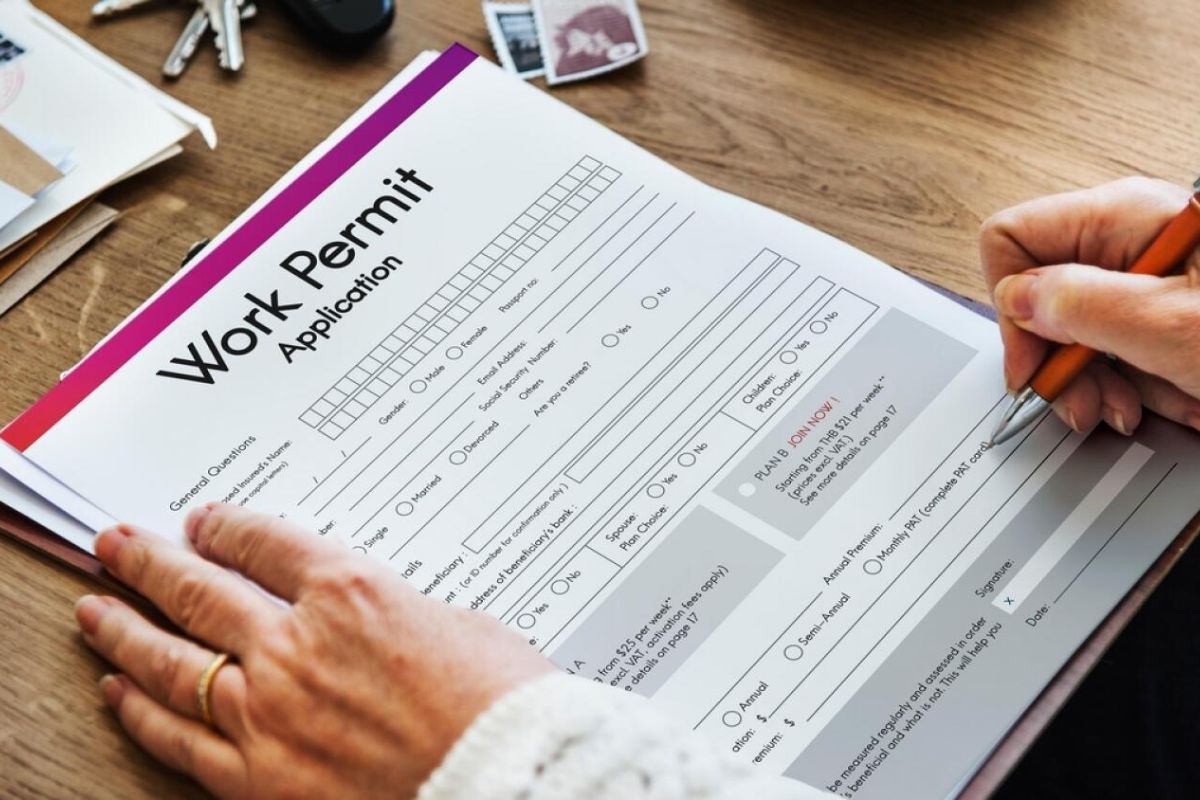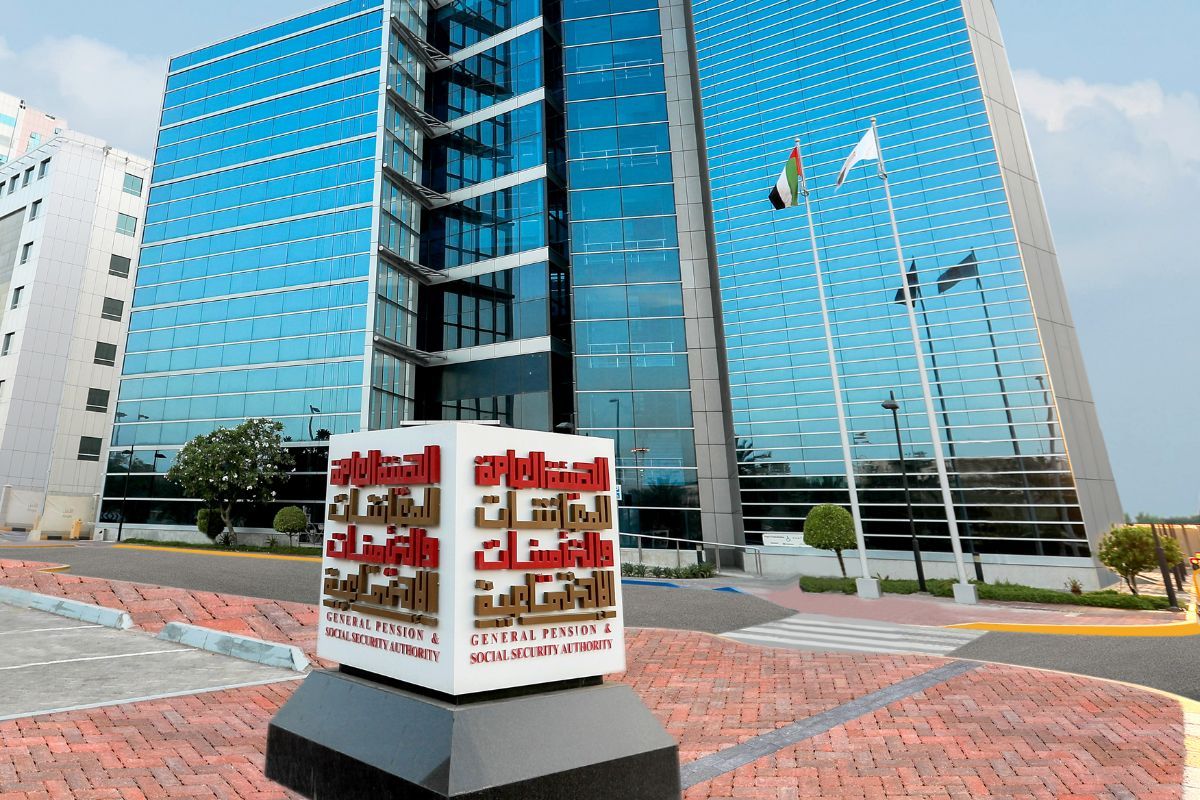Planning for retirement is a journey that requires foresight, discipline, and strategic financial decisions, especially in a dynamic and fast-paced environment like the UAE. Whether you are an expatriate or a local resident, understanding how much you need to save and when to start can make all the difference in ensuring a comfortable and stress-free retirement.
With the rising cost of living and the unpredictability of future expenses, it is crucial to take a proactive approach to secure your financial future. Explore the key considerations for retirement planning in the UAE, providing practical guidance on saving strategies, retirement accounts, and timelines.
What Are Your Retirement Needs?

Assess your retirement goals
Before diving into the numbers and savings strategies, it is essential to define what you envision for your retirement. Some of the factors you need to take into consideration are:
- Lifestyle expectations: Think about the life you want to lead once you retire. Do you see yourself living in the UAE, relocating to another country, or perhaps splitting your time between different places? Your lifestyle choices, such as travel frequency, leisure activities, and whether you plan to maintain or downsize your current living situation, will heavily influence how much you need to save.
- Healthcare needs: As you age, healthcare becomes a more significant concern, and it is important to anticipate potential medical expenses. Consider the level of healthcare you might require, including routine check-ups, potential long-term care, or chronic conditions.
Estimate retirement expenses
Estimating your retirement expenses is a critical step in ensuring that you have enough savings to maintain your desired lifestyle. This involves carefully evaluating the costs you will incur during retirement and planning accordingly.
- Daily living costs: Begin by considering the basic expenses you will need to cover daily. This includes housing costs, whether you own your home outright or still have mortgage payments, as well as utilities, groceries, transportation, and other essential expenses.
- Healthcare expenses: As you age, healthcare becomes a more significant part of your budget. Healthcare expenses can increase significantly over time, so it is wise to allocate a considerable portion of your retirement fund to cover these costs.
- Inflation: What may seem like a comfortable sum today might not be sufficient in the future due to rising prices. When estimating your retirement expenses, include an inflation factor to ensure that your savings will stretch far enough to cover your needs throughout retirement.
Determine retirement duration
Planning for how long your retirement might last is a key factor in estimating how much you will need to save. This involves considering your life expectancy, which, while not an exact science, can be estimated based on factors like your current health, family history, and lifestyle.
Many financial planners recommend planning for a retirement that could last 20 to 30 years or even longer, particularly with advances in healthcare. By accounting for a potentially extended retirement period, you can ensure that your savings will not be depleted prematurely and allow you to maintain your desired lifestyle throughout your retirement years. This also helps in better preparing for unexpected expenses or longer-than-anticipated life spans.
How Much Should You Save?

Saving benchmarks
When it comes to saving for retirement, setting clear benchmarks is essential to ensure you are on track to meet your financial goals.
- Percentage of income: A widely recommended approach is to save between 15-20% of your gross income each year. However, the exact amount you should save can vary based on your personal circumstances, including your income level, lifestyle expectations, and the age at which you begin saving.
- Retirement fund targets: Aim to accumulate 10-15 times your final annual salary by the time you retire. This target provides a cushion that can support you through your retirement years, accounting for factors like inflation, healthcare costs, and potential longevity. For example, if you expect a salary of AED 300,000 annually, your goal should be between AED 3 million to AED 4.5 million.
Retirement calculators
Retirement calculators are invaluable online tools that simplify the process of estimating how much you need to save for a secure retirement. By inputting details such as your current age, retirement age, current savings, annual contributions, and expected rate of return, these calculators project your savings growth over time. They account for variables like inflation and investment returns to offer a clear picture of whether your current savings strategy will meet your retirement goals.
In the UAE, banks like Abu Dhabi Islamic Bank (ADIB) and HSBC provide retirement planning calculators online.
Consider additional income sources
- Pension schemes: Many employers in the UAE offer pension schemes or end-of-service benefits (ESB) to help employees prepare for retirement. For expatriates, the end-of-service benefits can be a significant lump sum paid out upon leaving employment, which can be allocated towards retirement savings. UAE nationals benefit from pension schemes administered by the General Pension and Social Security Authority (GPSSA), which provide regular pension payments upon retirement.
- Investment returns: Beyond traditional savings and pension schemes, investing wisely can significantly enhance your retirement fund. Diversify your investment portfolio to include a mix of assets such as stocks, bonds, mutual funds, and real estate. Each investment type carries its own risk and return profile, so balancing these can help maximize potential growth while managing risk. Regularly review and adjust your investment strategy to align with market conditions and your evolving retirement goals.
When to Start Saving for Retirement?

Start early
- Compound interest: One of the most compelling reasons to start saving for retirement early is the power of compound interest. Compound interest occurs when the returns on your investments generate their returns, leading to exponential growth over time.
- Youth advantage: If you start in your 20s or 30s, you have the advantage of a longer investment horizon, allowing your savings to grow more.
Adjust savings over time
As you advance through different stages of your career and life, your financial situation and goals are likely to evolve.
- Income growth: As your career progresses, you may experience salary increases, promotions, or bonuses. Each of these financial milestones presents an opportunity to boost your retirement contributions. By allocating a portion of these increases to your retirement savings, you can accelerate the growth of your retirement fund without significantly impacting your current lifestyle.
- Lifestyle changes: Major life events such as marriage, starting a family, or purchasing a home can influence your financial priorities. During these periods, it is essential to revisit and potentially revise your retirement savings plan.
- Adjusting for inflation: As the cost of living rises due to inflation, the amount you save today may not have the same purchasing power in the future. Regularly increasing your retirement contributions can help counteract the effects of inflation and ensure that your savings grow at a rate that matches or exceeds the increasing cost of living.
Employer contributions
Maximizing employer contributions is a crucial strategy in retirement planning. Many UAE employers offer benefits and pension schemes that can significantly enhance your retirement savings. These contributions often include matching funds or additional retirement benefits, which can substantially boost your savings without extra out-of-pocket costs.
To fully capitalize on these benefits, it is essential to understand your employer’s specific contributions, ensure you are contributing enough to qualify for matching funds and review your company's pension policies regularly.
Retirement Planning in the UAE
In the UAE, effective retirement planning involves leveraging various accounts and investment options. High-yield savings accounts are ideal for short-term savings and emergency funds, offering better returns than traditional accounts. Expatriates can utilize end-of-service benefits as part of their retirement fund, while UAE nationals benefit from pension schemes provided by the General Pension and Social Security Authority (GPSSA).
For long-term growth, consider investing in real estate for rental income and appreciation, or diversify your portfolio with stocks and bonds. Mutual funds and ETFs offer further diversification and the potential for balanced returns. Consulting a financial advisor can help tailor these options to your specific goals and financial situation and ensure a secure and well-planned retirement.
Also Read:















